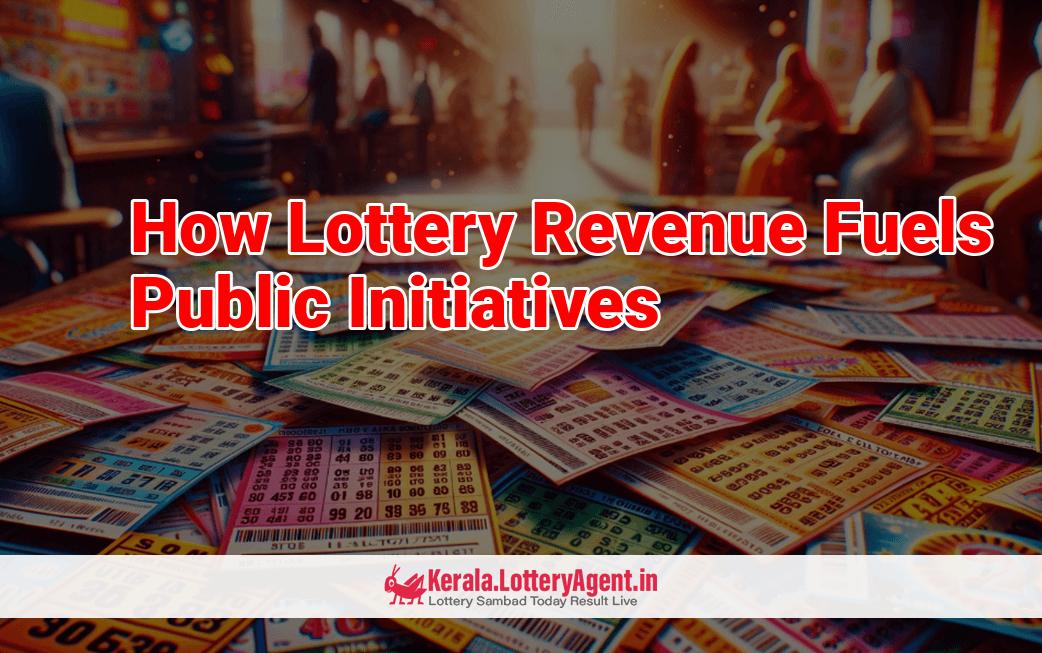
In a recent turn of events that have set social media ablaze, Bhavish Aggarwal, the CEO of India’s prominent ride-sharing company OLA, elicited polarized reactions following his comments about a response received from LinkedIn AI Bot. The center of contention was Aggarwal’s terming of pronoun preferences in professional settings as a “pronouns illness.”
Aggarwal had interacted with LinkedIn AI Bot, prompting it to provide information about him. Upon receiving the response, he shared a screenshot of it on X, a widely-used microblogging platform. Aggarwal’s accompanying message expressed concern about the influence of multinational corporations (MNCs) in promoting the use of pronouns in the Indian context—something he described as a trend unknowingly inherited from the west.
His words, as shown in the tweet, were: “Screenshot is from LinkedIn’s AI bot. This ‘pronouns illness’ is being perpetuated in India by MNCs without us Indians even realizing it. Hoping that this ‘pronoun illness’ doesn’t reach India. Many ‘big city schools’ in India are now teaching it to kids. Also see many CVs with pronouns these days. Need to know where to draw the line in following the west blindly!”
Aggarwal did not stop there. He doubled down on his stance, indicating that the corporate culture in India, heavily influenced by multinational corporations, is to blame for the spread of what he termed as an “illness.” The OLA CEO remarked that the majority of Indians are unfamiliar with the political ramifications of this pronoun push and suggested that it would be better to reject this influence altogether, as respect for all has always been part of Indian culture without the need for new pronouns.
The reaction to Aggarwal’s tweets was instantaneous and sharp. The platform saw a mix of support and heavy criticism, the latter accusing the business leader of being insensitive and displaying homophobic tendencies.
Prominent figures chimed in, some with lambasting remarks such as, “You can change your bio to ‘Stuck in the past at Ola,'” while others more humorously suggested that it might be time to abandon LinkedIn if it is spreading such “garbage.” Supporters of the LGBTQIA+ community strongly voiced their disagreement, stating that personal orientation is not an illness, and that pronouns are here to stay regardless of Aggarwal’s views.
The discourse highlighted a cultural clash, with individuals emphasizing that the use of inclusive pronouns is not new or unusual, and should not be a cause for offense. Critics called out Aggarwal for his comments, especially in light of the upcoming Pride Month, a time dedicated to celebrating the LGBTQIA+ community and raising awareness about their rights.
The intense conversation made it clear that the topic of pronoun usage and gender identity is of significant relevance and sensitivity, particularly within the corporate realm and society at large. While conversations around pronouns and gender identity are becoming more mainstream worldwide, the backlash faced by Aggarwal highlights the diverse opinions that persist within India and underscores the need for a broader dialogue about respect for individual identity expression in the professional sphere and beyond.













